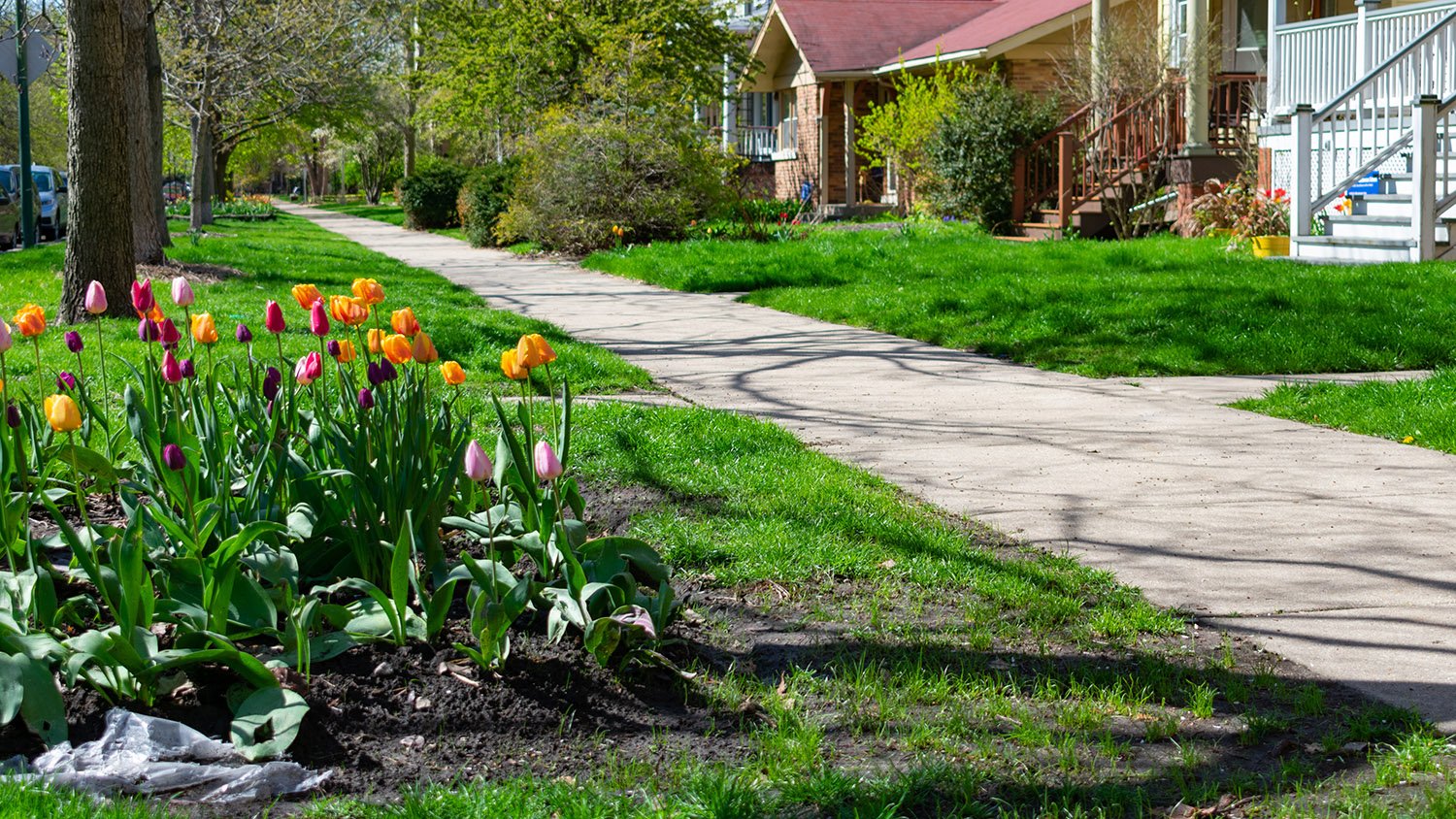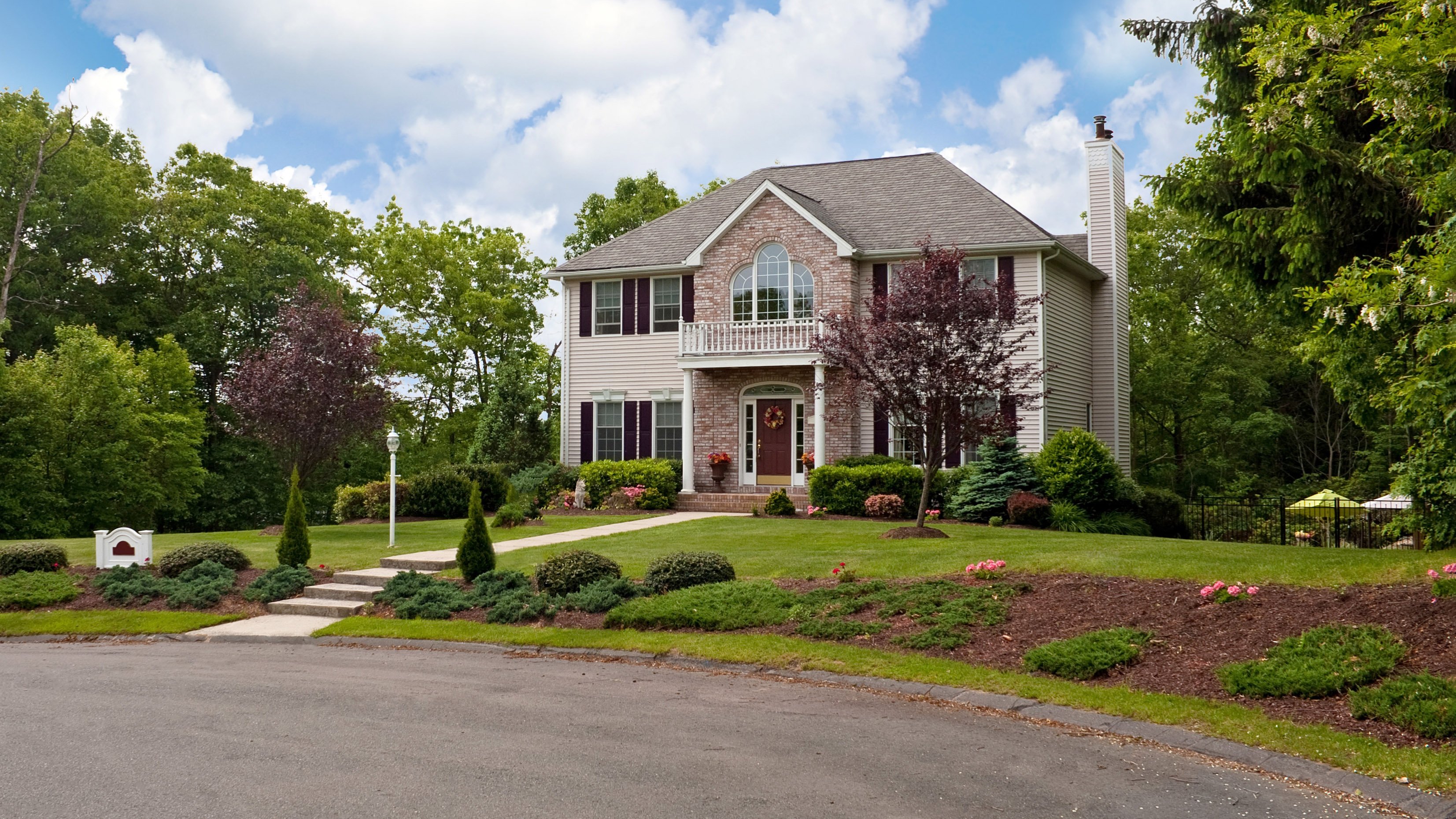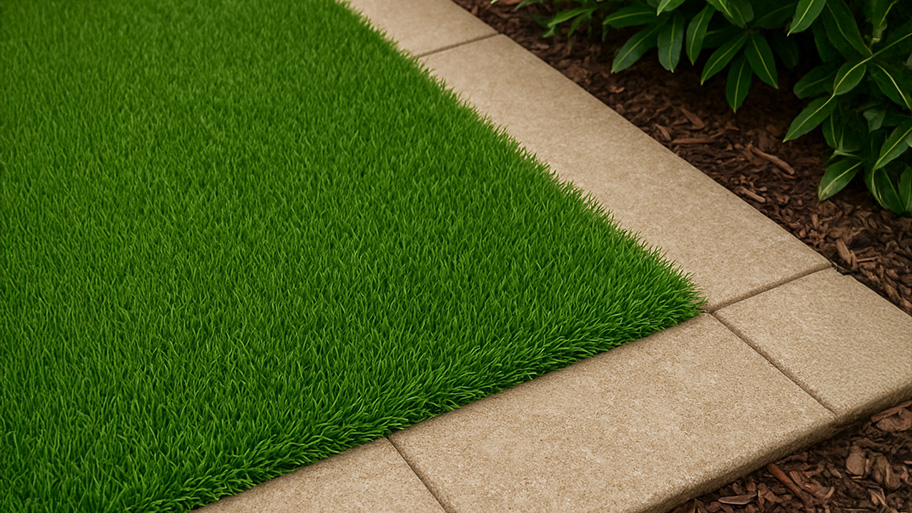
Landscape curbing can really improve the look of a yard, but at what cost? Find out how much it costs and the different ways you can do it
Turn your hellstrip into a “swell” strip


The parking strip—the area between the street and sidewalk—is the true limbo of the landscape. Leaving it blank is like having a naked spot, yet adding tender and high-maintenance plants invites disaster from car tires, tromping feet, or dogs doing their business. Filling your parking strip, or “hellstrip” as it’s lovingly called, should involve the right balance of hardiness and visual appeal. These ideas will help plant a seed and get those creative ideas in bloom.
There are steps worth considering to prepare for this project and make sure everything’s on the up and up. Many of these are also applicable when completing any budget landscaping task.
You always want to check on local ordinances and HOA rules to make sure you can actually install a parking strip and to suss out whether there are any associated fees or required permits.
Whenever you prepare to dig, always call a local dig line. In most areas, the number is 811, which is easy to remember.
Some plants simply won’t thrive with too much sun, too little sun, excessive wind, and other extreme weather conditions. Also, some plants simply can’t handle the winter and will die off, while others will regrow at the first hint of spring.
Factor in the cost of watering when planning out the project. If you live in a part of the country where water use is restricted, you may want to choose plants that aren’t particularly thirsty.
Whenever you’re building out a landscaping project that abuts the road or sidewalk, you have to consider both pedestrian and auto traffic. You want to protect your plants.

If you’re looking for low-maintenance park strip landscaping with tons of curb appeal, look no further than the native plants in your area. Find plants online, consult with your local nursery, or contact your local extension office to learn which plants already thrive in your area’s climate. Choose drought-tolerant plant varieties that stay relatively low to the ground and won’t grow out of control if you neglect them for a while.
Full-sun parking strips present the perfect opportunity for cultivating a pollinator garden that looks beautiful and gives back to the environment. Consider planting milkweed for monarch butterflies and nectar-rich plants such as coneflower, butterfly bush, lilacs, and goldenrod. Add a small birdbath to give your pollinator friends a spot to rest and rehydrate.

If you want your planting strip to be a one-and-done deal, fill it with perennial plants. These will come back year after year, allowing you to maintain your look without investing considerable time or cash once the growing season starts back up.
It’s no secret that mowing grass on your hellstrip is tricky. Luckily, if you’re not into the extra maneuvering and weed whacking, hardscaping makes a clean and beautiful replacement. There are tons of colorful stones and gravel to choose from, so you’ll have plenty of options for matching your home’s outdoor aesthetic. If you prefer a look with more variety, consider building a mosaic of flat stones and filling the spaces in between with moss, mulch, or gravel.

Mulch is another way to make your landscape design grass-free. Plus, organic mulch types enrich the soil, help block out weeds, and insulate to prevent scorching from the sun. Surround your plants and flowers with a bed of mulch, or add a few flowering shrubs and mulch in between them.
Ground-covering plants allow you to avoid grass without sacrificing greenery. Most are relatively low-maintenance, save for the occasional trimming to prevent them from blocking the sidewalk. Here are a few great options to consider:
Creeping juniper
Creeping thyme
Irish moss
Epimedium
Prostrate veronica
Dead nettle
Siberian cypress
Sedum
Lavender
Chamomile
Leafy foliage can create a hardy landscape design with tons of visual interest. Use these plants to accent flowers, shrubs, or hardscaping. You can also plant them in clusters to create a vibrant yet low-maintenance garden. Consider these brilliant varieties for your parking strip garden:
Elephant ears
Caladium
Hosta
Lamb’s ears
Silver sage
From average costs to expert advice, get all the answers you need to get your job done.

Landscape curbing can really improve the look of a yard, but at what cost? Find out how much it costs and the different ways you can do it

Leveling your yard can help with drainage and prevent damage to your home. Learn the cost to level a yard in Columbus, OH, and what factors can affect the price.

From your flower beds to your walkway, river rocks make a classic addition to your landscape. Learn about the cost to install river rock to set a proper budget.

What is a privet hedge and why should you consider it for your backyard? Use this guide to consider the pros and cons along with upkeep and maintenance tips.

Opting for a natural turf alternative may have its perks, but the problems with artificial grass can outweigh the good. Get to know these common issues before installing.

Landscaping rocks are used for a variety of landscaping designs. Learn how to keep landscape rocks in place to keep your yard looking great.